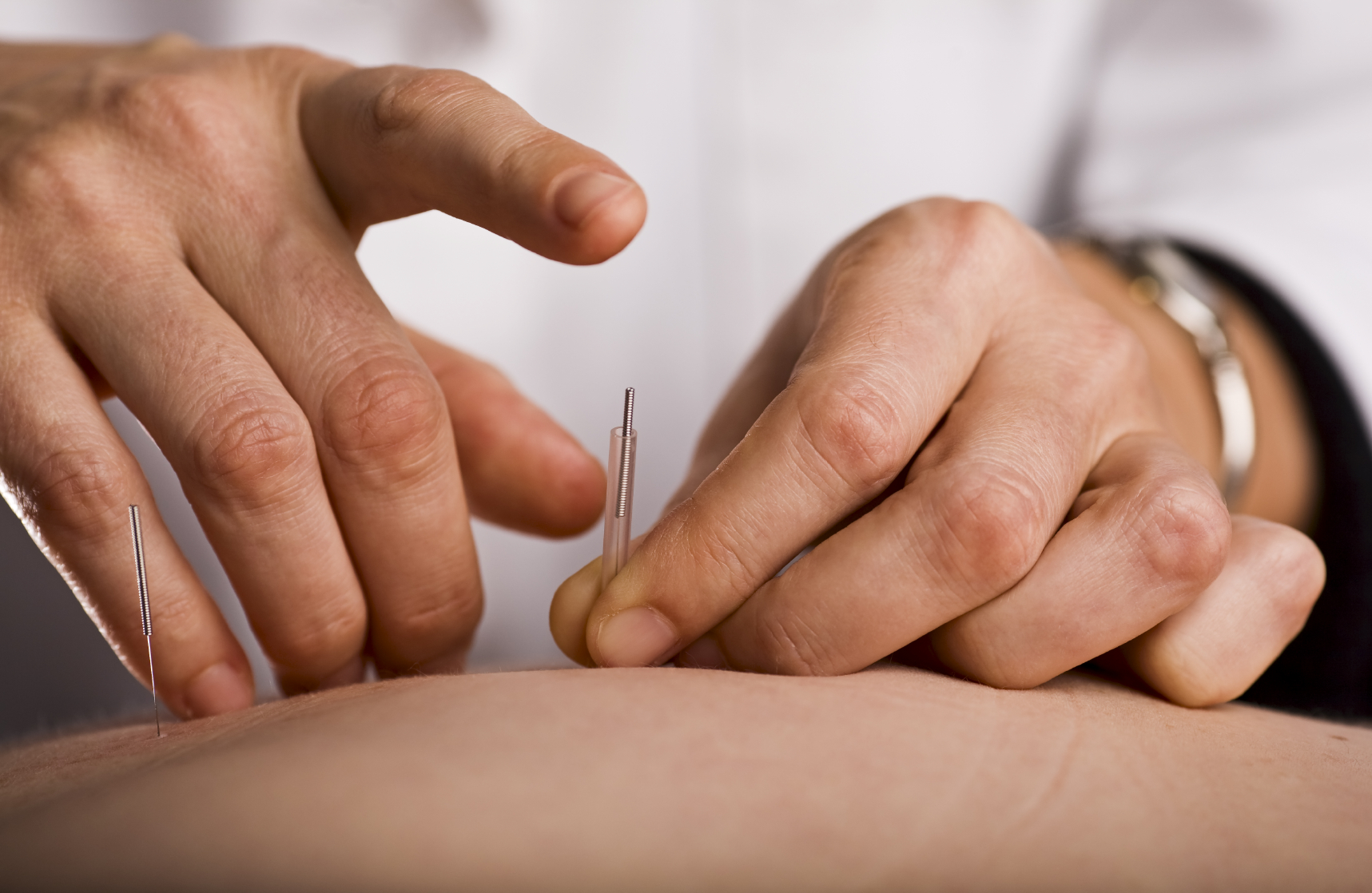Acupuncture for Children's Health
by Admin
Posted on 17-03-2025 07:02 PM

What is Acupuncture and How Does it Work?
Acupuncture is based on the concept of qi (pronounced "chee"), which refers to the vital energy that flows through the body. According to traditional Chinese medicine, qi flows through the body along specific pathways, or meridians, and can become blocked or imbalanced, leading to health problems. Acupuncture involves the insertion of thin needles into specific points along these meridians to restore the flow of qi and promote balance and harmony in the body. While the exact mechanisms of acupuncture are not fully understood, research has shown that it can stimulate the release of neurotransmitters and hormones, which can help to regulate various bodily functions, including pain perception, mood, and digestion.
Benefits of Acupuncture for Children
Acupuncture can be used to address a range of health concerns in children, including digestive issues, such as constipation and diarrhea, anxiety and stress, and sleep disturbances. It can also be used to support the treatment of chronic conditions, such as asthma and allergies. In addition to its physical benefits, acupuncture can also help to promote emotional and mental well-being in children, reducing stress and anxiety and improving mood and cognitive function.
How is Acupuncture Performed on Children?
Acupuncture can be performed on children in a variety of ways, depending on their age and individual needs. For younger children, acupuncture may involve the use of gentle, non-invasive techniques, such as acupressure or tuina massage, which can help to stimulate the body's natural healing processes without the use of needles. For older children, traditional acupuncture may be used, involving the insertion of thin needles into specific points on the body. In some cases, laser acupuncture or electro-acupuncture may also be used, which can be less intimidating for children who are afraid of needles.
Preparing Children for Acupuncture
To ensure that children have a positive experience with acupuncture, it is essential to prepare them in advance. This can involve explaining the process of acupuncture in a way that is easy for them to understand, and addressing any concerns or fears they may have. It can also be helpful to bring a parent or guardian along to the appointment for support and reassurance. In some cases, acupuncture may be performed in a pediatric setting, such as a children's hospital or clinic, where the staff is trained to work with children and provide a comfortable and supportive environment.
What to Expect During an Acupuncture Session
During an acupuncture session, children can expect to lie down on a comfortable table or sit in a chair, depending on the type of acupuncture being performed. The acupuncturist will then insert the needles into specific points on the body, which may cause a mild sensation, such as a pinch or a tingling feeling. The needles will be left in place for a period of time, usually 15-30 minutes, during which time the child can relax and listen to music or read a book. After the session, the child may feel relaxed and calm, and may experience improvements in their symptoms over time.
Common Conditions Treated with Acupuncture in Children
Acupuncture can be used to treat a range of common conditions in children, including: * Digestive issues, such as constipation and diarrhea * Anxiety and stress * Sleep disturbances * Asthma and allergies * Attention deficit hyperactivity disorder (ADHD) * Autism spectrum disorder (ASD)
Safety and Effectiveness of Acupuncture in Children
Acupuncture is generally considered safe and effective in children when performed by a licensed and experienced acupuncturist. However, as with any medical treatment, there are some risks and potential side effects to be aware of, such as bruising or bleeding at the needle site, and dizziness or fainting. For more information on Acupuncture for Children's Health, it is essential to choose a qualified and experienced acupuncturist who has experience working with children.
Conclusion
Acupuncture can be a safe and effective way to promote health and wellness in children, addressing a range of common conditions and supporting overall well-being. By understanding how acupuncture works and what to expect during a session, parents and caregivers can make informed decisions about whether acupuncture is right for their child. With its gentle and non-invasive approach, acupuncture can be a valuable addition to a child's healthcare routine, promoting balance and harmony in the body and supporting optimal health and development.
FAQs
What is the minimum age for acupuncture in children?
The minimum age for acupuncture in children varies depending on the individual child and the type of acupuncture being performed. However, acupuncture can be safely performed on children as young as 6 months old.
Are there any risks or side effects associated with acupuncture in children?
As with any medical treatment, there are some risks and potential side effects associated with acupuncture in children, such as bruising or bleeding at the needle site, and dizziness or fainting. However, these risks can be minimized by choosing a qualified and experienced acupuncturist.
How many acupuncture sessions will my child need?
The number of acupuncture sessions needed will depend on the individual child and the condition being treated. Some children may experience significant improvements after just one or two sessions, while others may require ongoing treatment to achieve optimal results.
Can acupuncture be used in conjunction with other treatments?
Yes, acupuncture can be used in conjunction with other treatments, such as medication or therapy, to support the treatment of a range of conditions in children. In fact, acupuncture can often be used to reduce the need for medication or other interventions, promoting a more natural and holistic approach to health and wellness.
